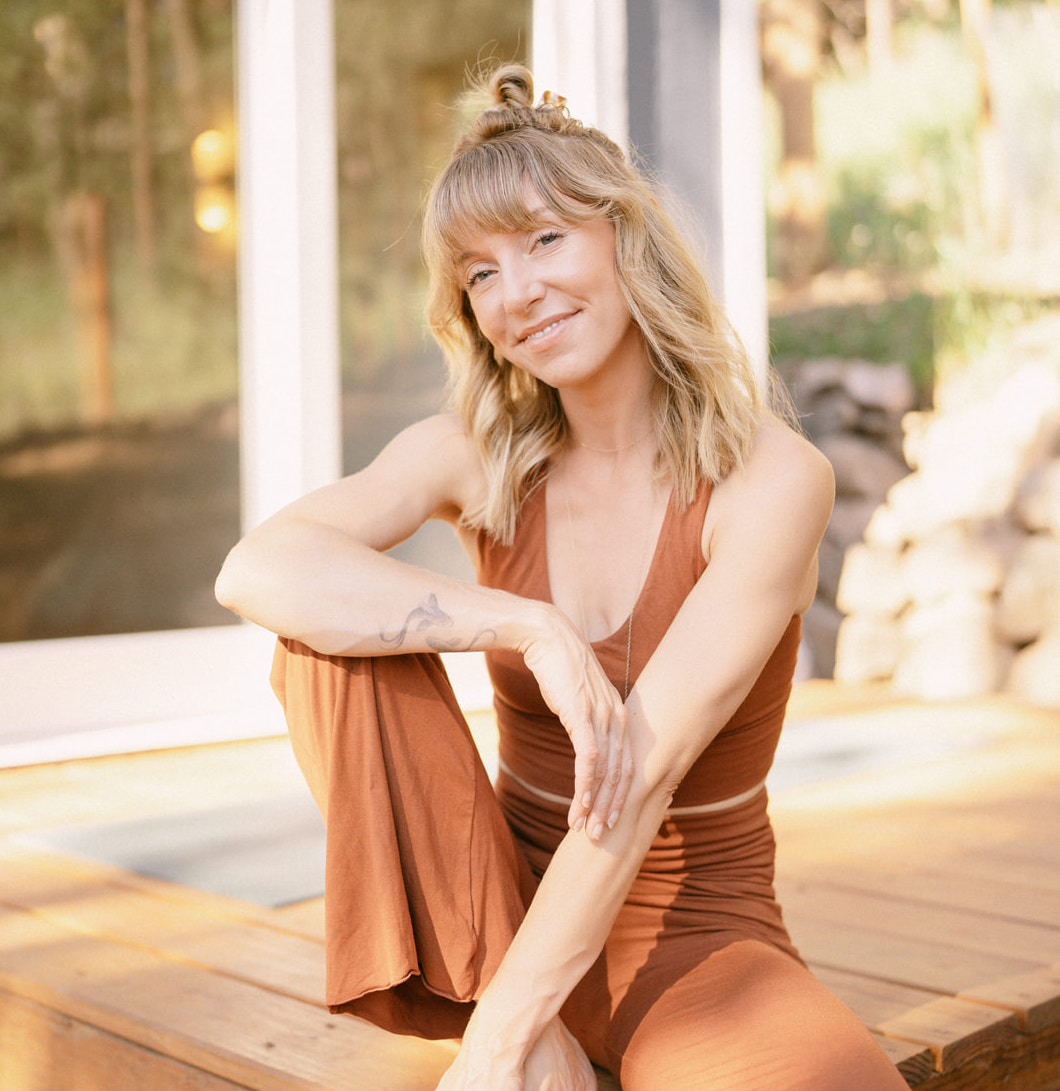
When Hormones Aren’t Normal: An Herbalist’s Tips On Identifying & Healing Hormonal Imbalances
Our Hormones Are The Microcosms Of Our Being
As women, we are constantly talking about our hormones—and why wouldn’t we? Hormones are the force in charge of so many aspects of our health. They act as messengers sending signals to tell our body when we are hungry, what moods we are in, and of course they play a huge role in our reproductive systems.
Our hormonal systems are complex and can be hard to understand. Though it may feel daunting—understanding the fluctuations within our own bodies allow us to better care for ourselves, body, soul and spirit.
A Crash Course On Hormones
It’s important to understand where hormones come from: “Hormones are created by glands, which are part of the endocrine system.” The endocrine system is the system within our body that sends the important signals to the circulatory system. We have approximately 10 major hormone-producing glands in the body, like the ovaries and adrenals. Within these glands, there are a few dominant hormones to focus on when understanding the basics.
These include:
Estrogen is our main hormone that helps our skin, reproductive system and assists in regulating moods. In women, it is produced in our ovaries, although men also have estrogen.
Progesterone plays a huge role in pregnancy and our menstrual cycle by triggering the lining in our ovaries to thicken, but again men have progesterone as well.
Cortisol is known for its role in assisting the body’s response to stress by maintaining healthy stress levels and immunity responses made in the adrenal glands.
Melatonin (the best hormone!) tells the body when it is time to sleep and is produced by the tiny pineal gland in the brain.
Last but not least, Testosterone helps keep our bones and muscles strong, along with increasing libido and assertiveness. Testosterone is produced in the testicles in men but is also produced in women.
With all of these different hormones and glands working together, there is bound to be imbalances from time to time. Our body is intelligent and will let us know when it is out of balance—looking for the signs and understanding them is the tricky part.
Signs Of Hormonal Imbalance
“Hormone imbalance can affect mood, skin, sleep patterns and energy levels. If one feels constantly burned out, has serious breakouts, or experiences an extraneous amount of irritation to the emotional body, hormones are off balance,” says Jacqueline Zajdman, a Los Angeles based herbalist and owner of As Above Herbals.
“Life affects us in every way possible, and it’s inevitable that our systems feel these aspects and adjust, fluctuate and change to adapt.”
She points out that our hormones can get off balance not just internally but external factors play a role in causing imbalance. “Our bodies are constantly changing as women. We are affected by our physiology preparing us for ovulation, as well as being affected by our environment. That includes seasons, living in a city, work stress, financial stress, romantic stress, and staying true to ourselves. Life affects us in every way possible, and it’s inevitable that our systems feel these aspects and adjust, fluctuate and change to adapt.”
An Herbalist’s Go-To Remedies
Luckily, with the advancements of medicine and herbalists continued use of ancient remedies, we have a variety of methods for staying on top of our hormones and understanding our bodies more clearly. If you are sensing a hormonal imbalance, you may consider starting with the natural remedies.
One in particular that Jacqueline prescribes to her clients is something called “yoni steams, also known as “Bajos” or “herbal vaginal steams.” She explains “this tradition has helped heal women before modern day gynecology, and has been used cross culturally for centuries. It is a practice of using steam and herbs to heal the womb space for various feminine issues such as healing post birth, creating a consistent period cycle, healing cysts, endometriosis, and even turning the body on/relaxing and opening the womb space energetically before sex.”
“Naturally, a woman’s cycle fluctuates hormonally before, during and after the period. Progesterone and estrogen peak and valley according to how far long one is in her cycle.”
Using herbs can be an extremely balancing option as well. Jacqueline recommends several herbs that can mimic the hormones in the body if you have an imbalance. “Vitex, or chaste tree berry, can mimic progesterone in the body, while some Phytoestrogenic plants mimic the effects of the estrogen hormone. These include red clover, wild yam and angelica.” With all of this in mind it is important be reminded that there is a healthy amount of hormone fluctuations that doesn’t necessarily mean you are off-balance. “Naturally, a woman’s cycle fluctuates hormonally before, during and after the period. Progesterone and estrogen peak and valley according to how far long one is in her cycle.” says Jacqueline.
Using herbs and natural remedies is just one way to help keep hormones balanced, but of course a visit to the gynecologist to discuss concerns may also be a good first step. The importance lies in feeling in-tune with our own bodies and working with our innate wisdom to identify where red flags may be showing up in order to feel our very best throughout our cycle and in our life.
RELATED READING
Courtney Jay Higgins is the Content Strategist at The Good Trade. She is also a Yoga Instructor, vegetarian, wellness and fashion enthusiast. Originally from Colorado, her soul found California when she came to get her degree in Visual Communications at the Fashion Institute Of Design & Merchandising. She has a background in telling a story through writing, creative direction and content creation. Her online blog hosts her unique perspective on the mergence of fashion and spirituality.

